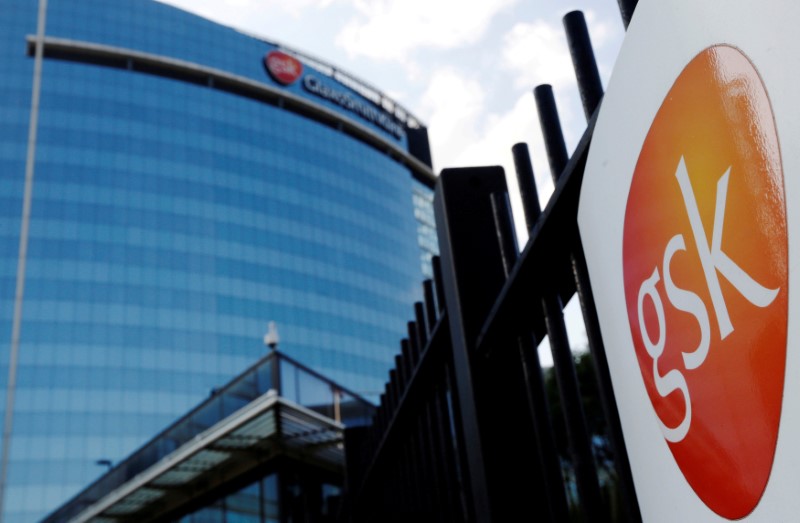By Ben Hirschler
LONDON (Reuters) - Britain's two big drugmakers face very different challenges but they share a common problem: how to convince investors that their dividends are safe.
With both stocks offering a dividend yield of more than 5 percent, AstraZeneca (L:AZN) and GlaxoSmithKline (L:GSK) provide islands of decent income in a sea of low returns.
The chief executives of both companies faced a barrage of questions from analysts about future payouts and were forced to defend their dividend strategies at post-results meetings this week.
AstraZeneca was grilled on the topic four times and GSK five times by analysts from leading banks, including Goldman Sachs (NYSE:GS), UBS, Citigroup (NYSE:C), Morgan Stanley (NYSE:MS) and Deutsche Bank (DE:DBKGn).
Fears for AstraZeneca's dividend have been driven by its bombshell lung cancer setback on Thursday, while GSK's decision on Wednesday to overhaul drug research and move to a new dividend policy has raised doubts about its payouts.
The danger at AstraZeneca is that a gap in expected sales following the failure of its immunotherapy treatment to help patients as hoped in the big Mystic clinical trial will further strain finances.
The company's drug sales are currently falling as it tries to transition to a new wave of products and away from reliance on old medicines that are now off patent and subject to cut-price generic competition.
AstraZeneca boss Pascal Soriot, facing his most challenging time since becoming chief executive in 2012, hopes strong growth for cancer pills Tagrisso and Lynparza, as well as demand for medicines in China, can offset the Mystic hit.
"Of course, we would have preferred to have everything positive. But ups and downs overall, we believe we can continue to secure the dividend," he said.
"From what we can see today, there is no reason for us to change our long-range forecast, including our cash flow forecast, and therefore to have a different approach to our dividend policy."
AstraZeneca could also use some cash from its new cancer drug collaboration deal with Merck & Co (N:MRK) to help sustain the dividend if necessary, he added.
For GSK shareholders the challenge is coping with a move back to the uncertainty of quarterly dividend declarations from 2019.
In recent years, investors have enjoyed the safety net of a steady 80 pence a share annual payout, under a system put in place following the big $20 billion asset swap with Novartis (S:NOVN) that completed in 2015.
GSK still plans to pay 80p in 2018 but thereafter payouts are uncertain and will be tied to free cash flows, after allowing for any acquisitions. M&A could become a more significant feature at GSK as it bolsters its pipeline in priority areas.
"I thought Glaxo results were encouraging, because they have a big dividend yield, but the bears are saying although they are committed to the higher dividend for now, who knows what’s going to happen next," said Eric Moore, manager of the UK equity income fund at Miton Group and an investor in GSK.
The company's aim is to build cash flow cover over time before returning the dividend to growth, a strategy analysts see as an admission it has over-distributed payments in the past.
Chief Executive Emma Walmsley stressed that GSK remained very committed to the dividend but she is not giving any cast-iron pledges on specific payments.

"Our intention is to be rebuilding that cover off an '18 base. That said, I'm not going to stand here and say the dividend will never be cut if some circumstances happen to say that that is required and appropriate," she said.
